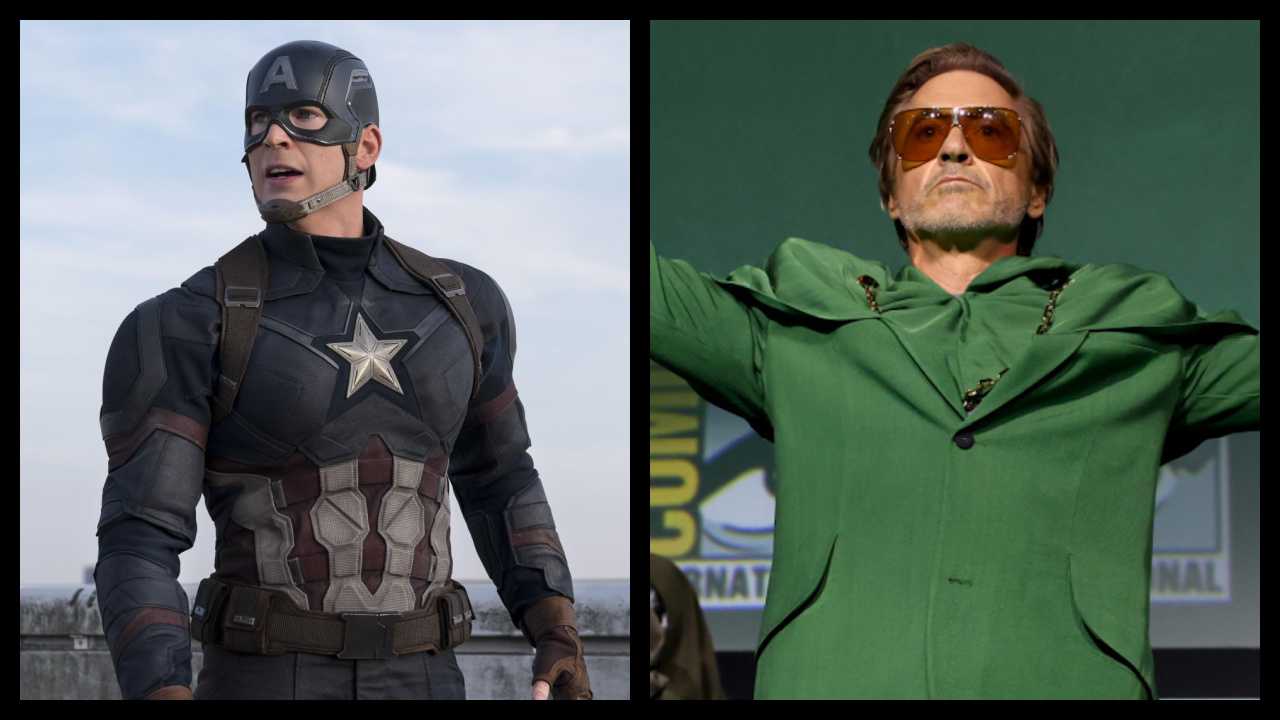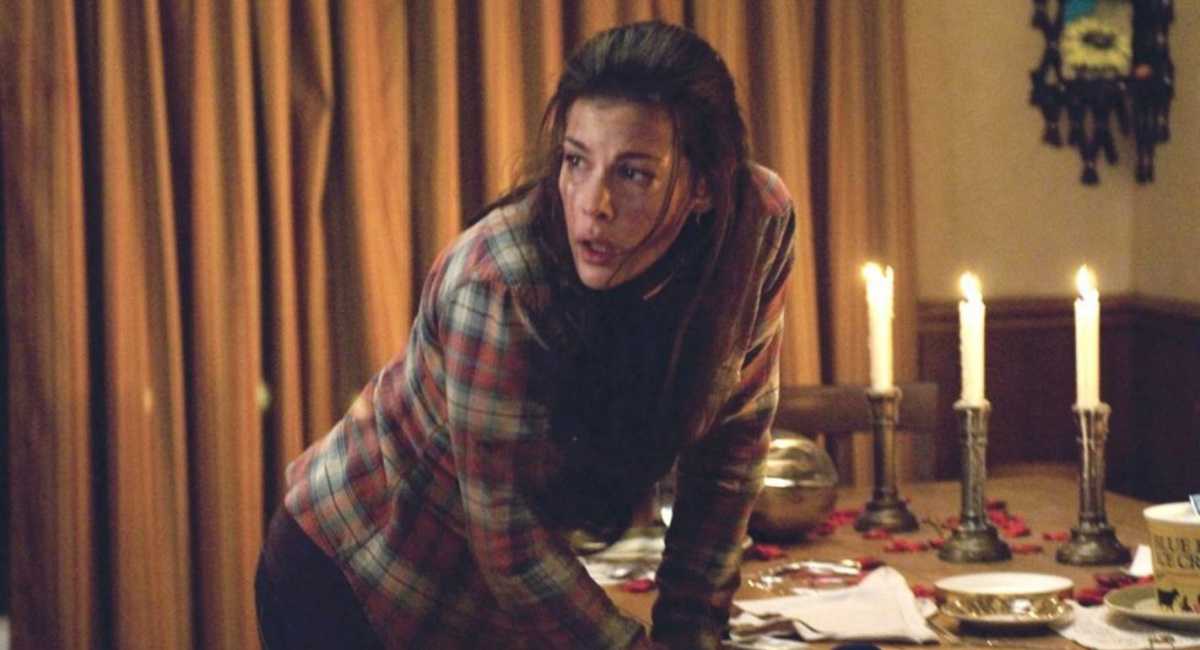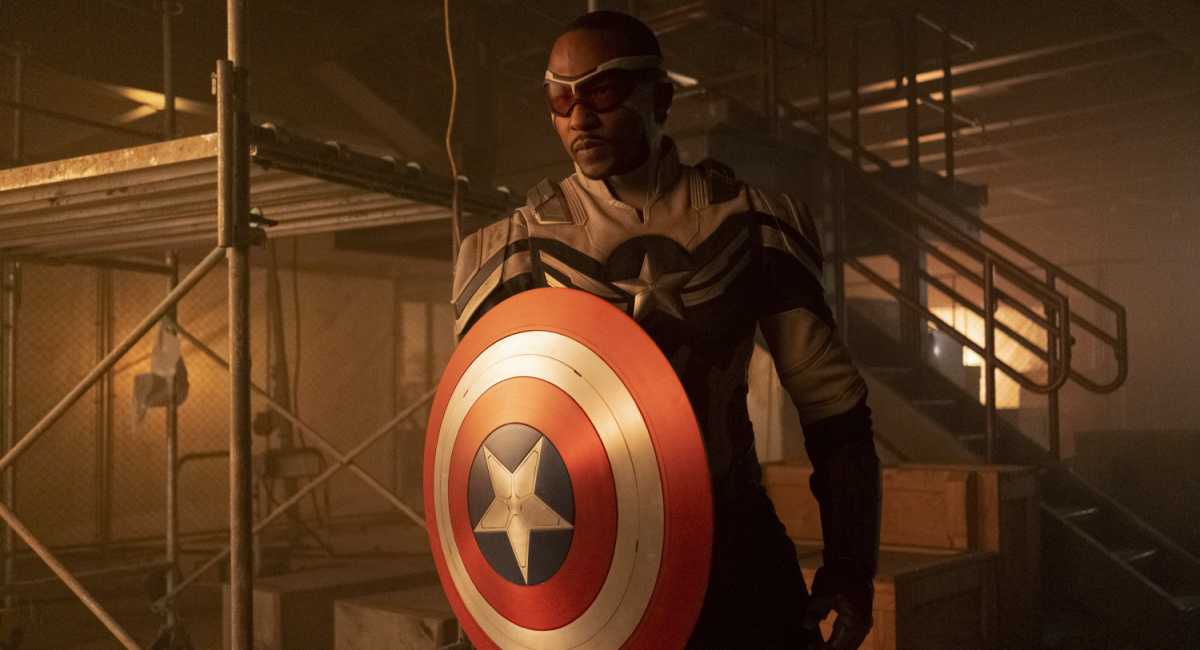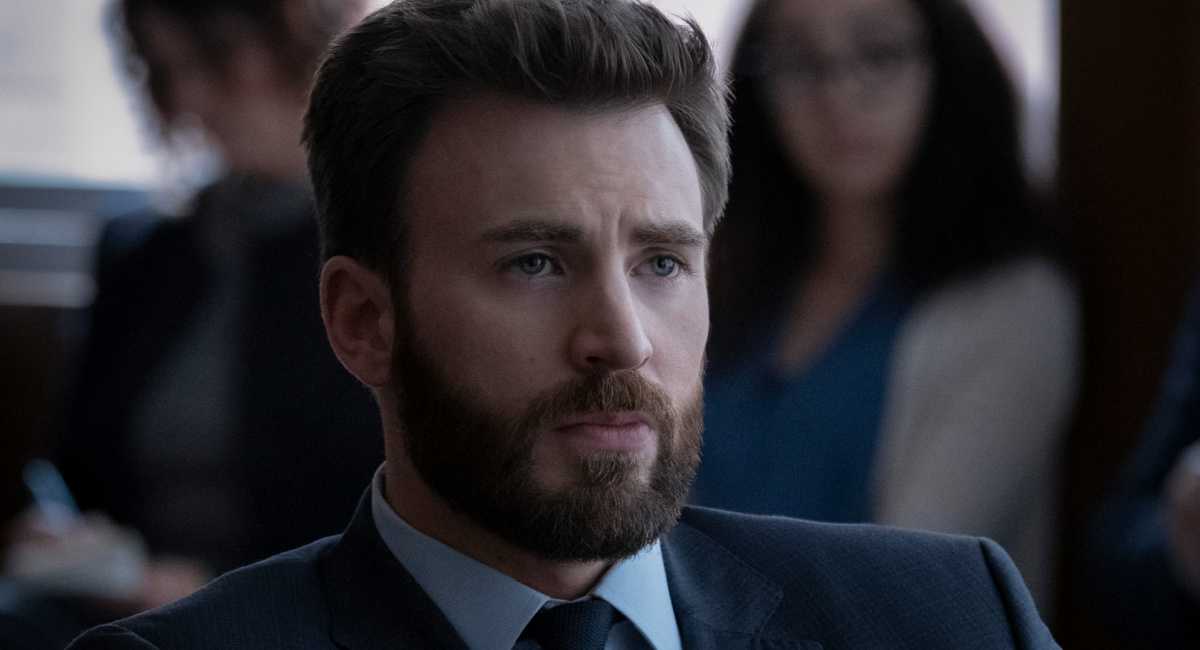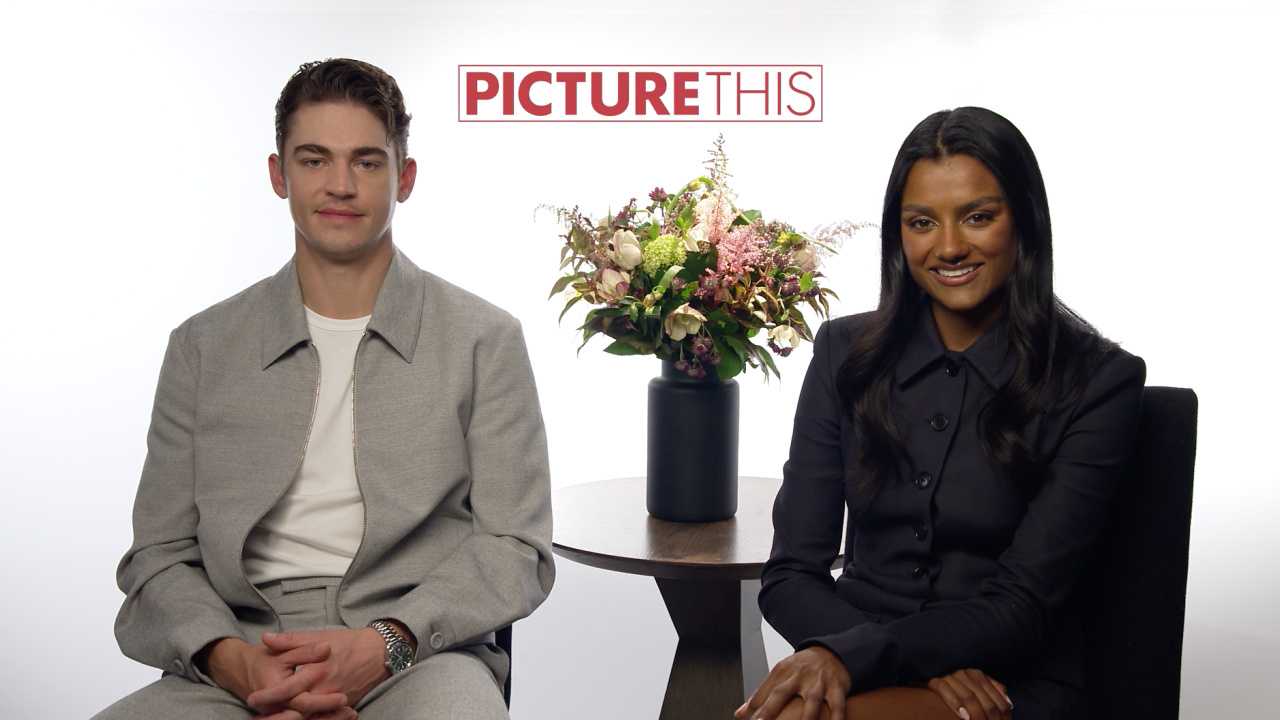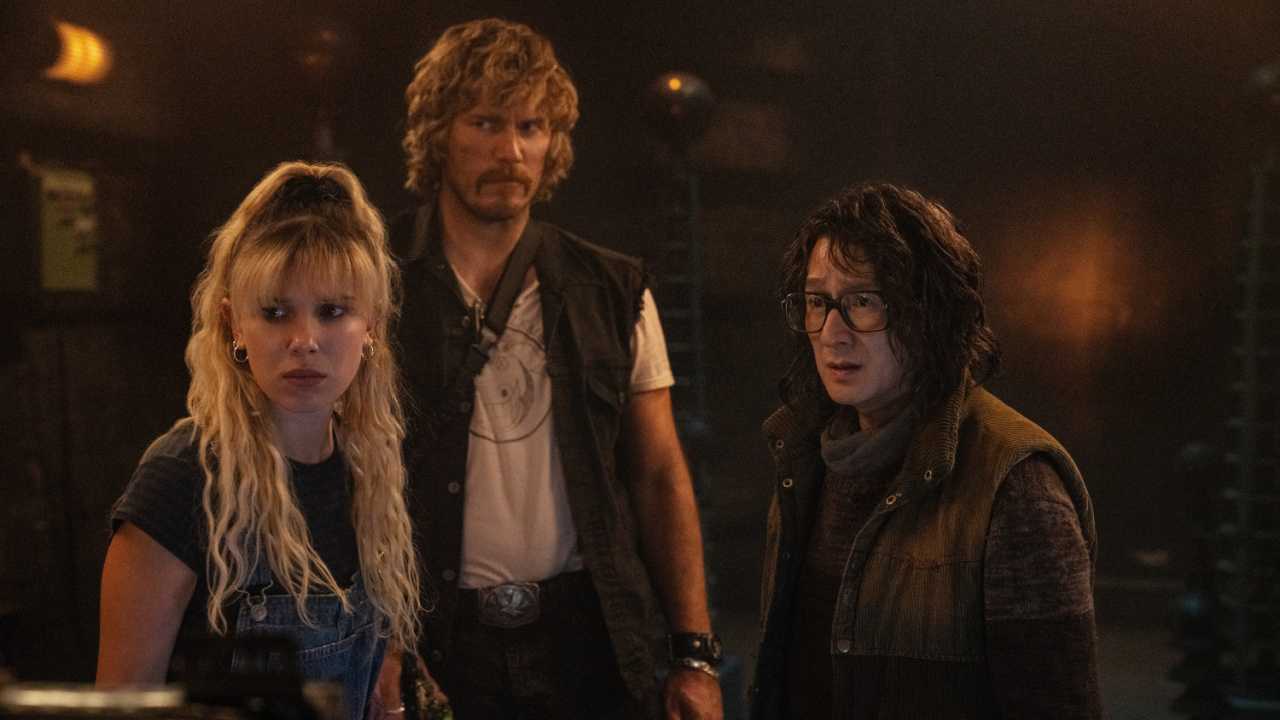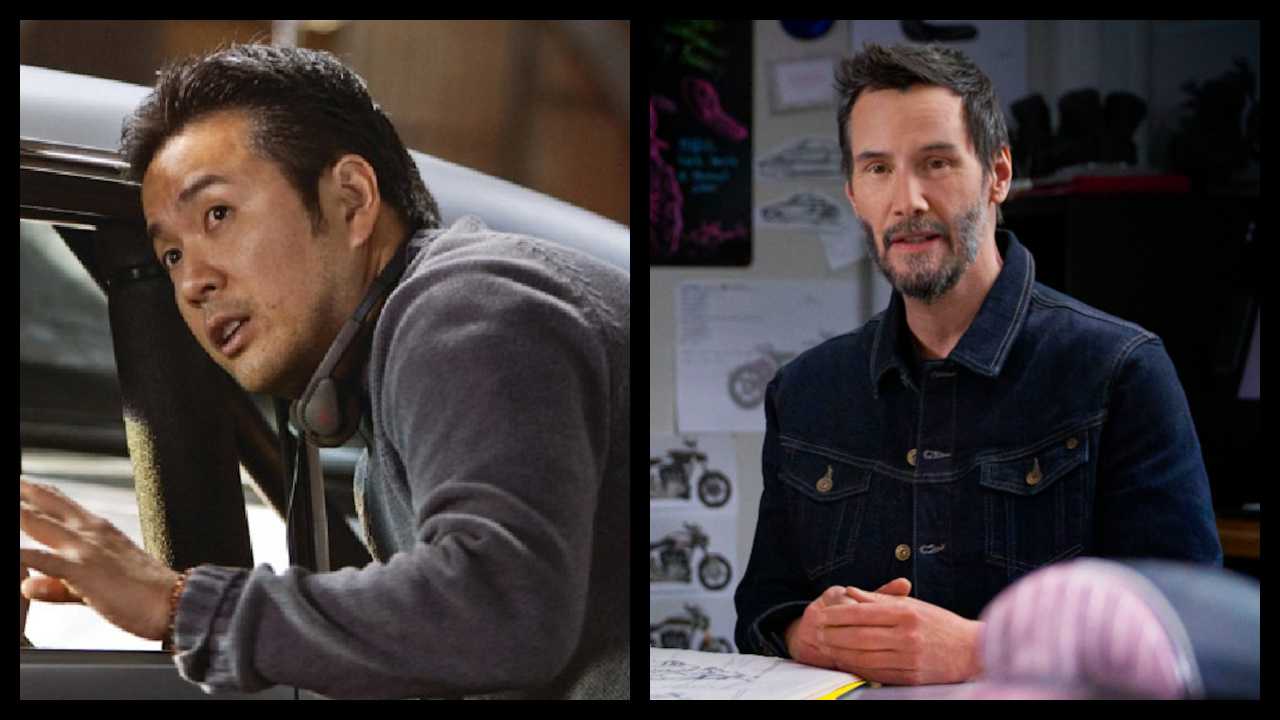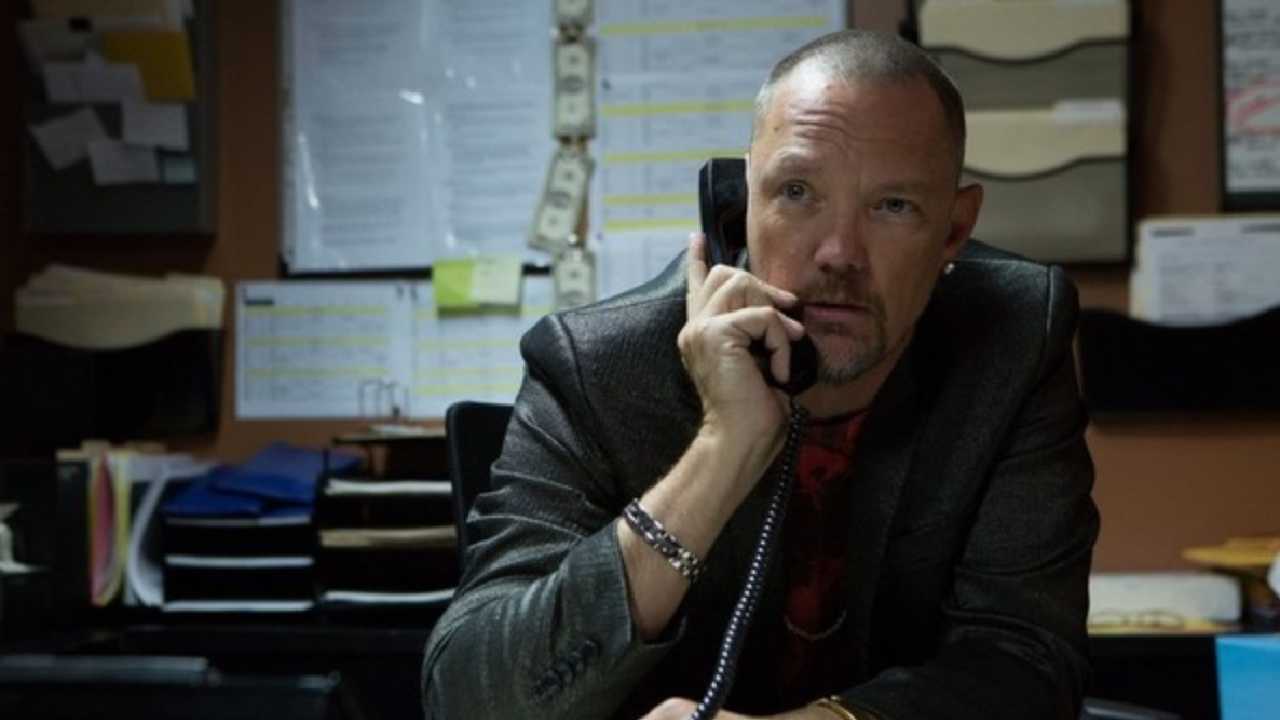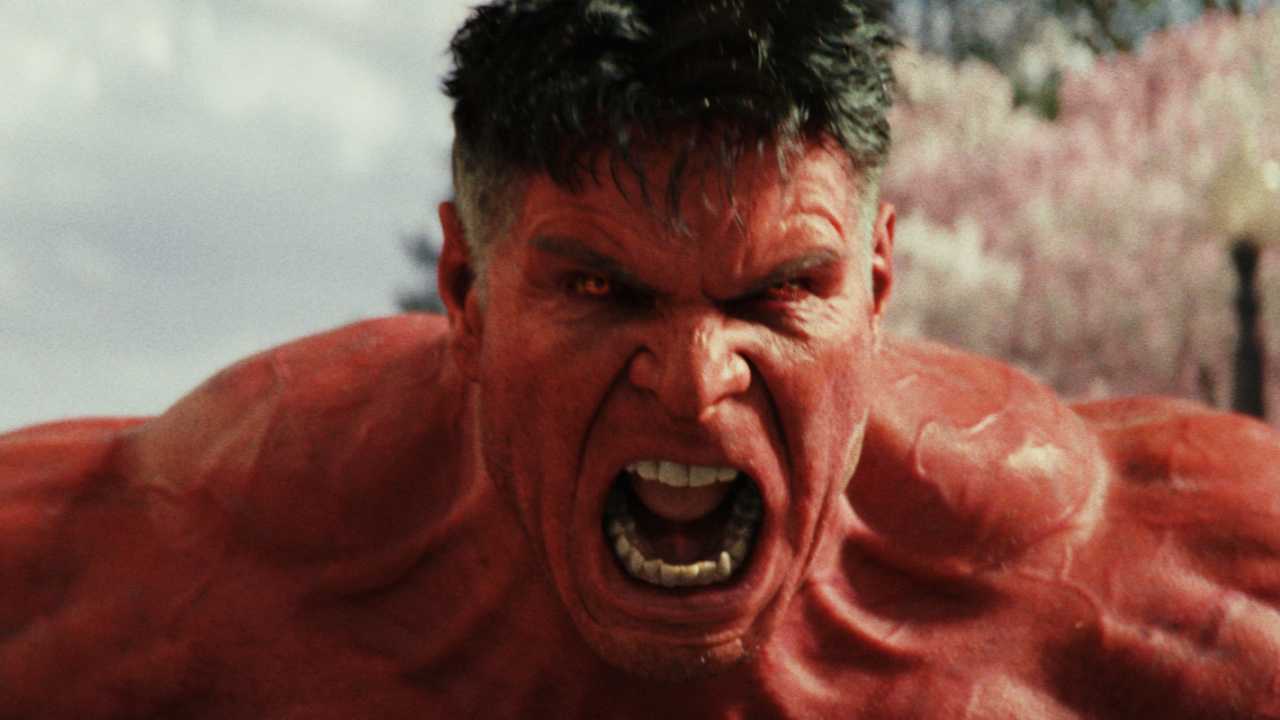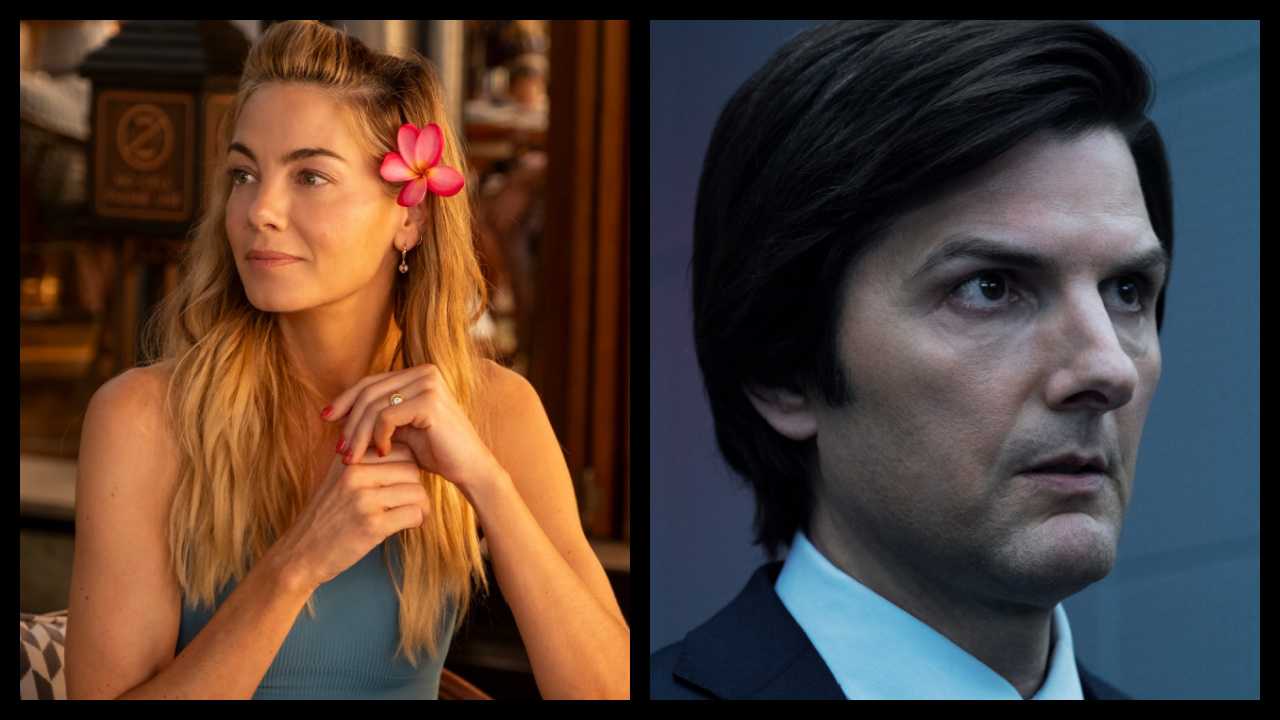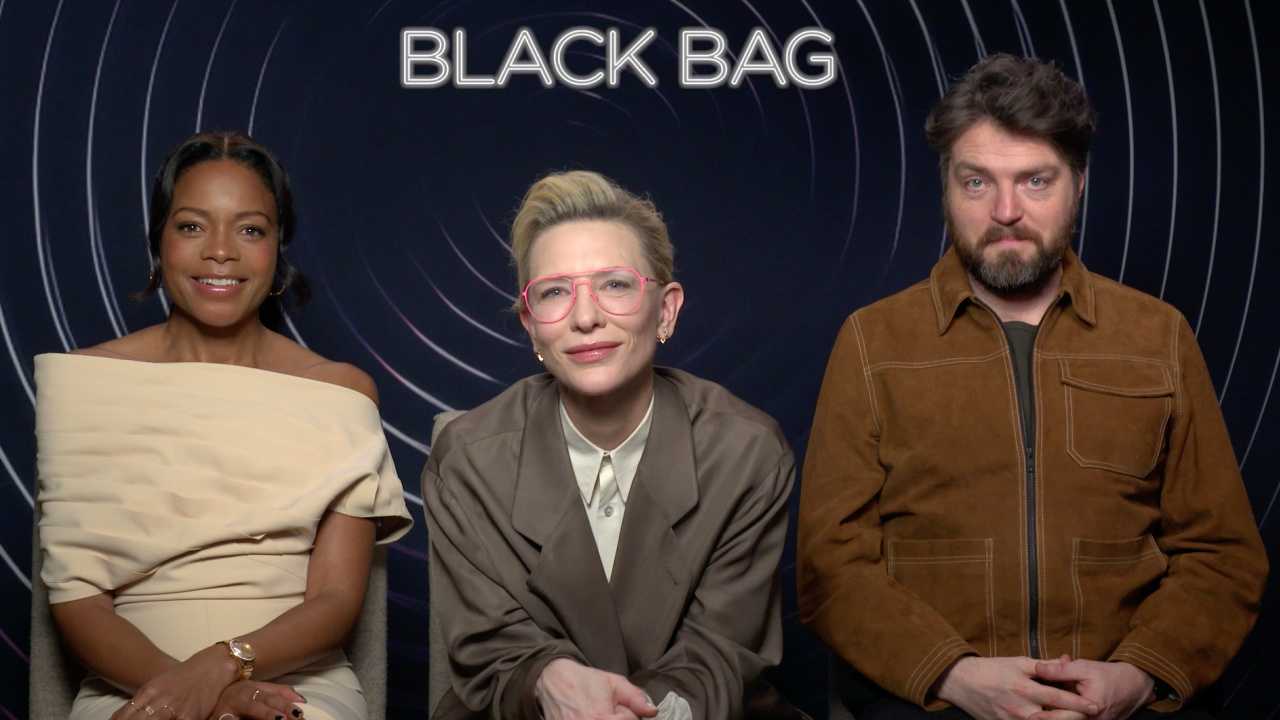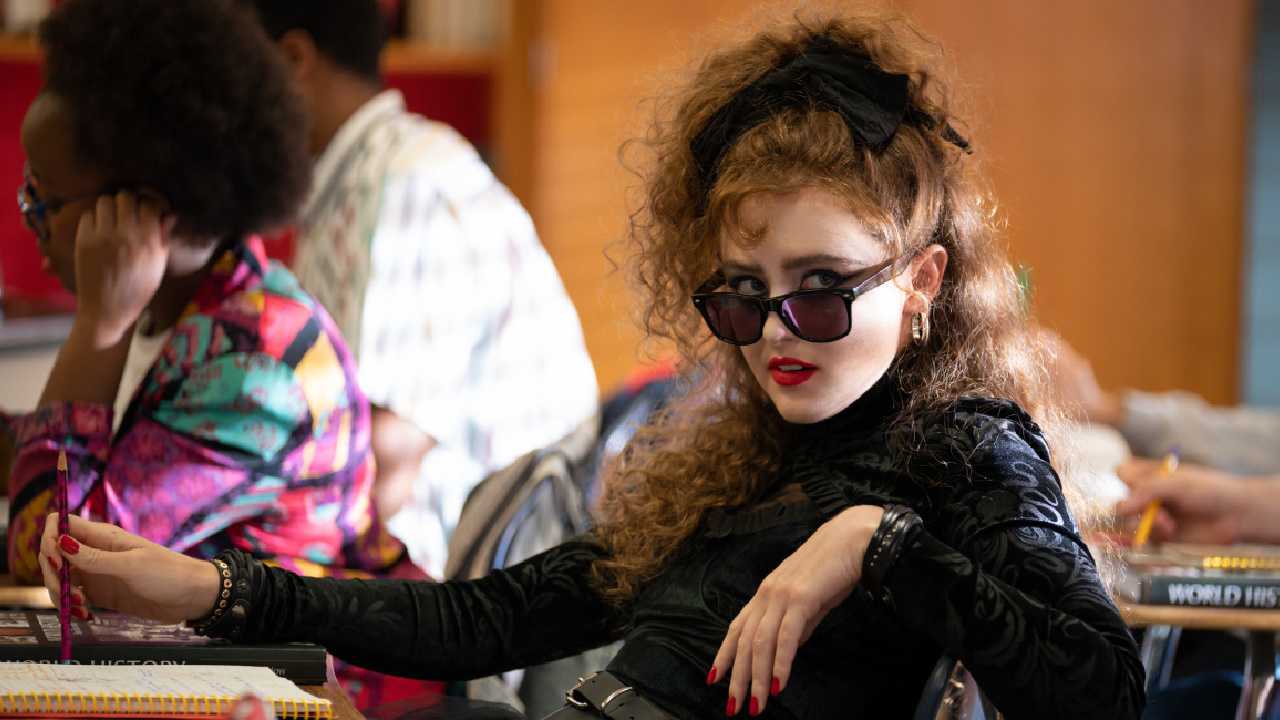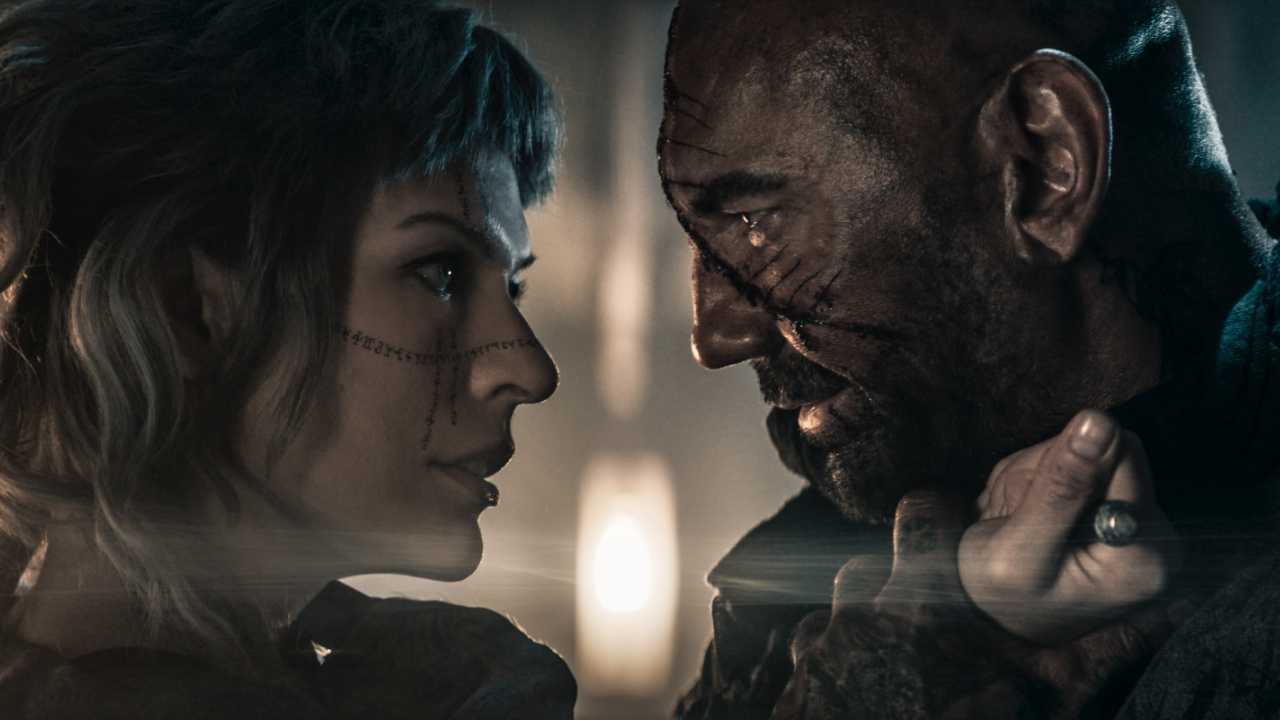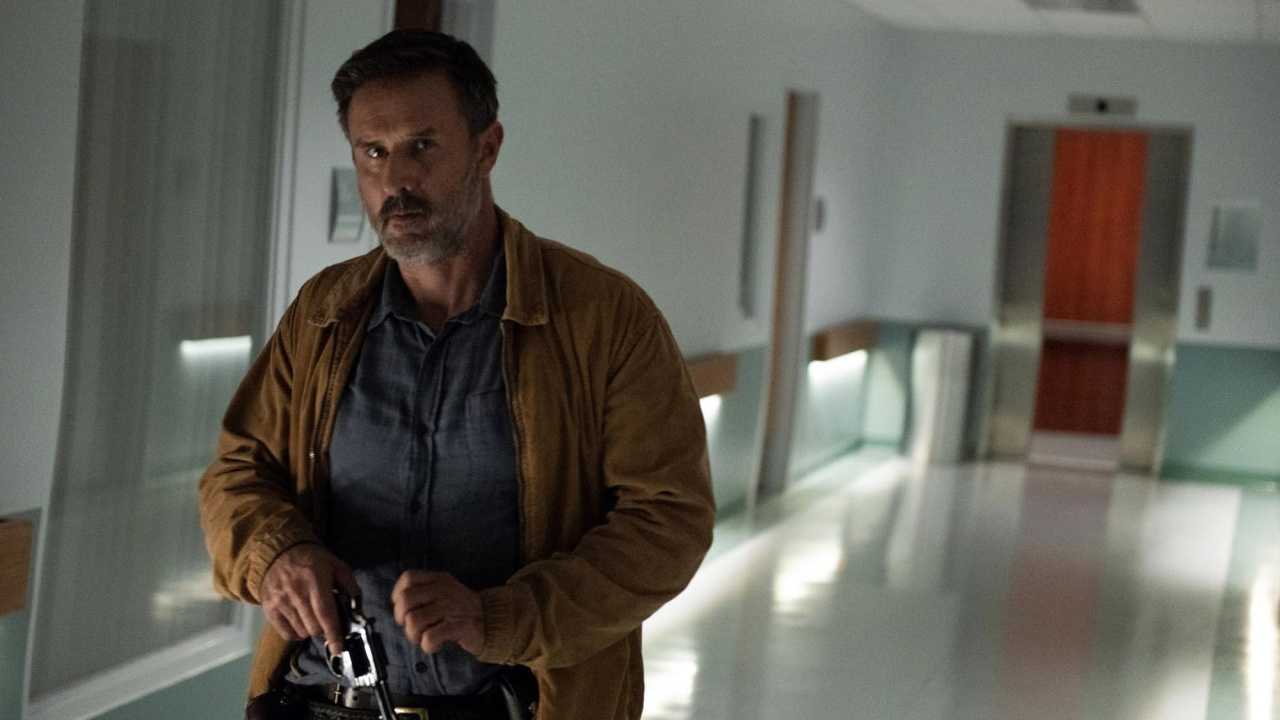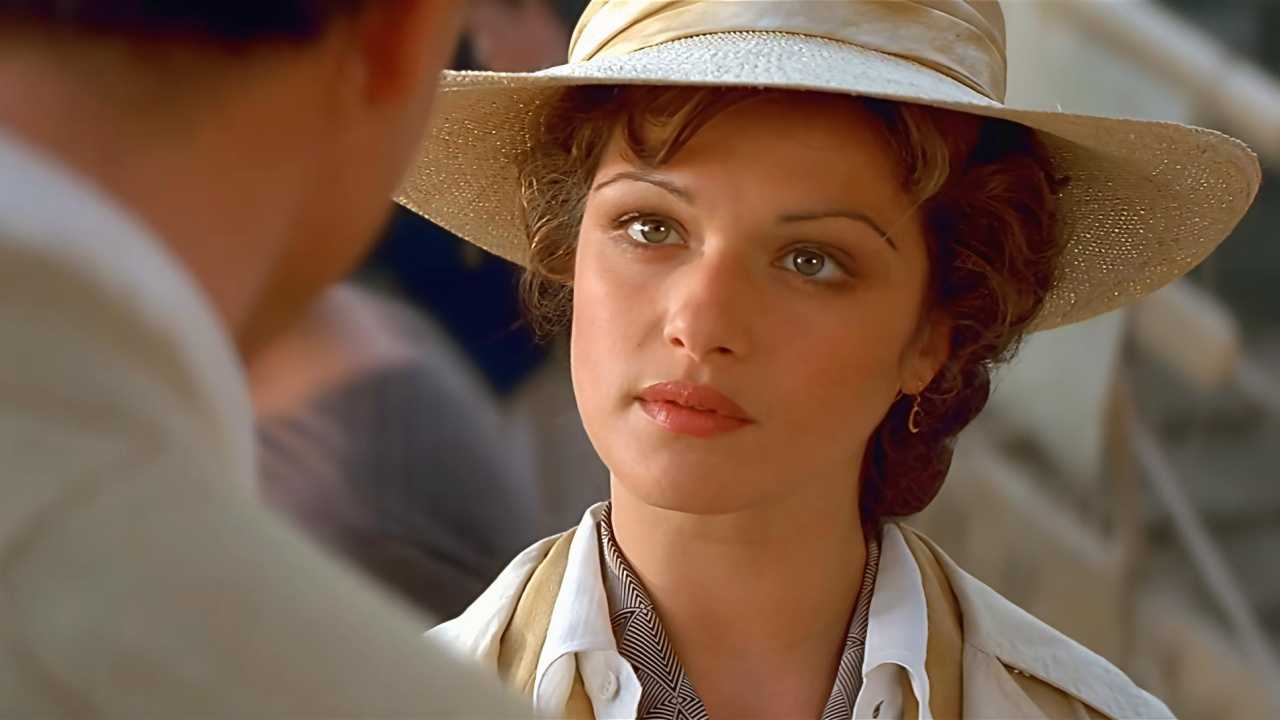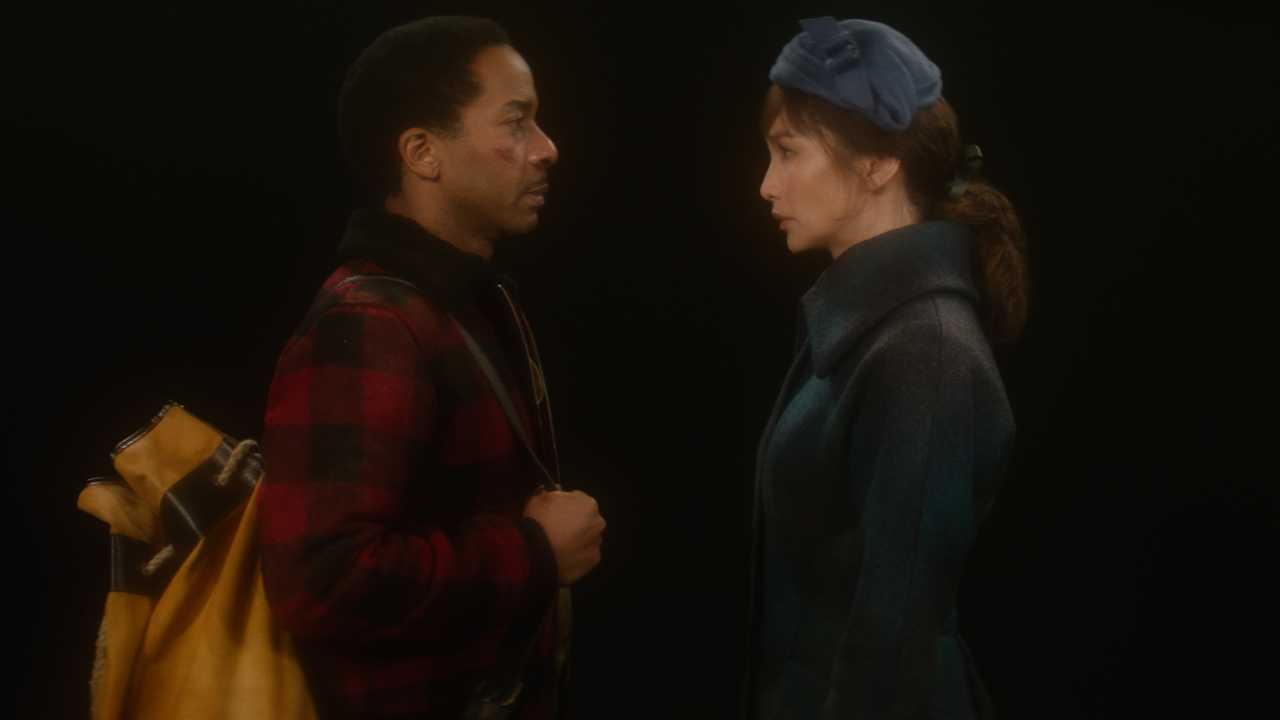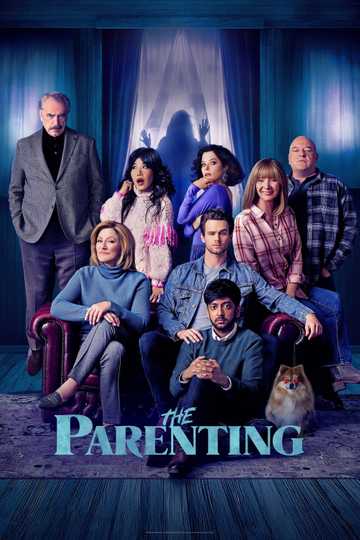'Avengers: Infinity War' Directors Joe and Anthony Russo Owe Steven Soderbergh a Car
When Joe and Anthony Russo were first tasked to direct "Captain America: The Winter Soldier," they didn't seem like the obvious choice.
The oddball filmmakers, who had become a favorite of Steven Soderbergh, were mostly known for their work on the small screen, crafting episodes of "Arrested Development," "Happy Endings," and "Community." (Their paintball episode of "Community" was probably the closest they'd come to action filmmaking.) But any fears were quelled within the first few moments of "Captain America: The Winter Soldier;" these guys got it.
Since the success, both critically and commercially, of "The Winter Soldier," the Russo Brothers have stayed in the Marvel fray, doing the follow-up "Captain America: Civil War" (an even bigger hit with critics and audiences) and signing up for the two-part "Avengers" finale, which begins this week with "Avengers: Infinity War" and continues with Summer 2019's as-yet-untitled fourth film. These movies are huge, unprecedented undertakings, especially for directors that, five years ago, were still shooting sitcoms.
Not that the pressure gets to them. The brothers were remarkably laid back when we spoke to them in Beverly Hills ahead of the opening of "Infinity War" (and before we'd seen it). They were forthcoming and gregarious, excited for the world to finally see what they've spent so long cooking up. We talked about Steven Soderbergh's involvement in their initial employment with Marvel, why they shot completely in IMAX, and how they can afford to improvise on the biggest movie ever.MOVIEFONE: Let's take it back to the beginning, and Steven Soderbergh's involvement in getting you hired for "Captain America: The Winter Soldier." He was talking to Marvel Studios about something and brought you guys up, right?
Anthony Russo: He wasn't talking to Marvel about something, but he discovered us and mentored us. When it became apparent that this was such a departure from our previous movies, we asked him to put a call into Marvel on our behalf. I think he ended up speaking to Kevin [Feige], Scarlett [Johansson] and Chris [Evans], just to vouch for our legitimacy as filmmakers.
Have you ever tried to lure him to the Marvel Cinematic Universe?
JoeRusso: When we initially talked to him about it, he was like, "Are you sure you want to go make a comic book movie?" He is not a comic book fan. We grew up on comic books. I have 3,000 comic books in my closet still dating back to the '50s. This is something we've been obsessed with since we were children. And the stories that are important to you as a child have resonance throughout your entire life. He doesn't have that connection. So, I don't know if he would ever direct a comic book film because he can't emotionally connect with it.
It might be the only type of movie he hasn't done.
Anthony: That's a good point.
Has he ever checked in or looked at edits or anything?
Joe: Occasionally we will exchange emails. After the success of "Civil War," [an email] just said, "You guys owe me a car."
Anthony: ... Which is true. Although I'm not sure he's even seen any of the movies.At what point did you guys decide to take on "Infinity War?" And was there any trepidation signing onto such a huge endeavor?
Joe: No, there wasn't any trepidation because our whole career has been built on challenges and I think we really like challenges. Our first movie was a movie that Soderbergh fell in love with, and it was a nonlinear experimental film. And being from Cleveland, you have a bit of a punk rock attitude because it's an underdog city, and the river caught on fire, and everybody makes fun of it on late night talk shows. So you have that who-gives-a-f**k attitude. So, as a way to announce ourselves to the business, we made a who-gives-a-f**k movie, a movie that only Soderbergh would have liked. For us, what gets us out of bed everyday is, "What is the challenge of telling this story?" So, if somebody says, "hey, do you want to do something that's never been done in movies before, and end ten years of serialized storytelling through however many franchises," you go, "Well, yeah, that sounds like a hell of a challenge."
And you've been scaling up with each movie.
Joe: We've been scaling up for decades. Our first film was an ensemble, "Arrested Development" was an ensemble, "Community" was an ensemble, "Happy Endings" was an ensemble. We grew up in a large Italian American family, and we're fascinated with interpersonal dynamics and relationships and, yes, "Winter Soldier" led to "Civil War," which was slightly larger than "Winter Soldier." And "Infinity War" is slightly larger than "Civil War." So, yes, there's been a trajectory, but it's been a decades-long trajectory.
What was the hardest day on set?
Joe: It had to be one of the action sequences. Those are always hard.
Anthony: Yeah, action is complicated. And there's a layer of tension when you're doing action because there's also often dangerous dimensions. Those tend to be very intense days.
Joe: The cast is really game because we like to put them in very physical situations, because we want the audience to feel that and feel that it's them. Evans executes a lot of his own stunts in the Captain America movies. So, it's like playing a football game. They wake up the next day, they can't move their elbow. Why shoot entirely in IMAX? It feels like the visuals have evolved with each movie, too.
Joe: IMAX is the most immersive theater-going experience you can have right now. It's the biggest screen dimension you have; it wraps your entire field of view. And this is a massive movie, painted on the largest canvas you can paint a movie on -- so why not do it on the biggest canvas that's available to movie audiences right now? We had a great experience shooting the airport sequence in IMAX [from "Captain America: Civil War"]. Again, this movie is the first of its kind because I don't think there's a corollary for this movie -- where ten years of serialized storytelling has led to this -- so why not tell it in the biggest way possible?
Anthony: I was going to mention that we like a very active camera, we like to move the camera a lot. And there was finally a technological advancement where IMAX was able to work with ARRI and develop these new 65 cameras that can hold an IMAX chip in them. So, for the first time, we had smaller cameras where we could shoot IMAX. They're still a little bigger and a little heavier and not quite as nimble, but they were acceptable for us in terms of achieving what we wanted to on a movement level.
Joe: And, stylistically, the movie is radically different than the "Captain America" films. Those films were brutalist in nature. We were trying to deconstruct the character. We stripped all color out of the films. We wanted to make it as docu and realistic as possible. This is very different. This is cosmic. It's much more colorful. Big sweeping shots, lots of dollies and cranes, and a more traditional Hollywood execution of a large-scale movie. It requires the ability to shift tone very quickly in a way that the "Captain America" movies were not.You've spoken about an exploratory phase of development where you just passed around ideas. What was the hardest thing to lose when it came to finally putting the movie together?
Joe: I don't know. There were so many ideas on the table. And this script went through way more iterations than any of the other scripts we'd worked on for Marvel. I think because this is such a unique movie that there's nothing you can look to and go, "It's just like that." That template doesn't exist. There is no template for putting this many characters in a film and having it track. So, we went on a journey of discovery, where we tried things. There were some fun choices we can talk about once the movie comes out, in retrospect, of things we were going to try that we didn't try.
How far along are you into the next one?
Joe: Zero.
Anthony: We didn't even completely shoot the film. We shot the vast majority of the film, but we still have some stuff to shoot and we haven't worked it all out in post. So, the next year is that. Because the urgent thing was we really had to focus on finishing this movie because of the timeline.
Can you talk about bringing back Alan Silvestri to score the film? Since we haven't seen it, can you talk about whether or not he includes some of the themes that other composers have done?
Joe: We are incorporating themes into the movie. But the most important theme was the "Avengers" theme. I think that's the theme that has the most emotional capital with audiences. For us, there was no one else who could score this movie. He originated the theme and he's a god in the film composer business.
Anthony: That was really the motivation for the change. Henry Jackman we love, and he did amazing work with us. But Alan launched "The Avengers," and it was important for us to be able to transition into a new tonal space. Because we wanted to step away from [what we'd done with] "Captain America."There have been reports that James Gunn helped write some of the Guardians stuff.
Joe: James contributed some ideas to Christopher Marcus and Stephen McFeely's script, but I would say that 80 percent of what's there is Marcus and McFeely, 15 percent of it is improvised, and five percent is James Gunn.
Can you talk about improvising when you have to get through 100 shots a day with 30 speaking characters?
Joe: Our whole experience from working in comedy is improvisation. So, we have a lot of experience with it. The key with improvisation is making sure people improvise on story. Typically, when you're working with major movie stars, there's a reason they are gigantic stars. Chris Pratt, there's a reason he's a gigantic movie star and it's because he's incredible at improvisation and protecting his character and being additive to the process. Hemsworth is great, Downey will do nothing but improvise, because it keeps it fresh for him. For us, we can only build the film with what we bring into the editing room. If we didn't shoot it, we don't have it, we can't make it. So we'd prefer to cover more than less, and try more than less. Because we've found that no matter how confident you are as a director, you can sit there on a set and go, "Yeah, we nailed that scene," but you can be in the edit bay and say, "We completely f*cked that scene up." So you want to have options when you get in there.
Anthony: But I would also say -- specific to this movie -- the other motivation was, when you're going down the road to improvisation, and this was something that we learned from our TV years, is when an actor lives with a character for years, nobody understands these characters better than these actors. So, part of the way we find the story, is through the actors. Because they know what they would do sometimes better than anybody else.
Can you tell us one thing that will only make sense after the movie comes out?
Anthony: Whoa.
Joe: How about "blue man?"
Anthony: That's a good one.
"Avengers: Infinity War" is everywhere starting Thursday, April 26th.



